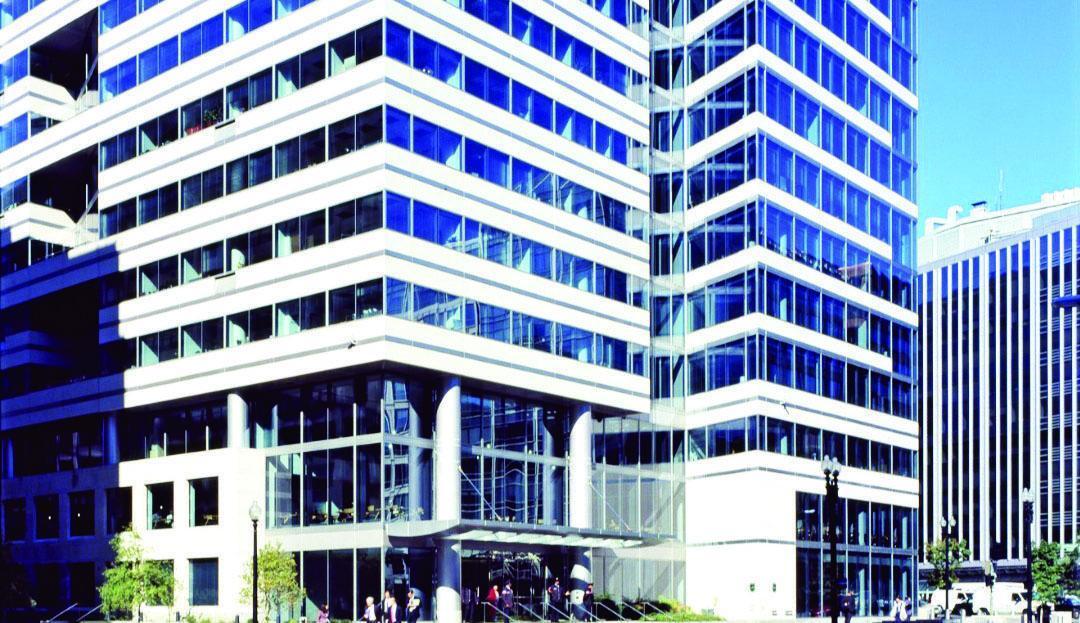Africa-Press – Mauritius. The World Bank has warned that rising global debt threatens to trap low-income countries in a prolonged financial crisis unless urgent reforms are implemented.
In a commentary titled ‘The Looming Global Debt Disaster’, published on Wednesday, World Bank Chief Economist and Senior Vice President for Development Economics Indermit Gill says total global debt is now nearly 25 percent higher than it was before the Covid pandemic.
Gill said the current system for assessing debt sustainability is flawed, often prescribing more loans for countries that are essentially insolvent and in need of debt relief.
He urged governments to curb excessive domestic borrowing, which he said was choking private sector investment.
The bank noted that over the past 15 years, developing countries such as Malawi have accumulated debt at an average rate of 6 percentage points of gross domestic product (GDP) annually.
“Persistently high debt could stall economic progress and trigger financial crises,” Gill said.
The World Bank further notes that the recent debt surge is worsened by the fastest rise in interest rates in 40 years.
He observed that to meet repayment obligations, countries are slashing investment in vital sectors such as education, health and infrastructure.
Gill said this is especially alarming for the 78 poorest nations eligible for loans from the World Bank’s International Development Association, and warned that, without reform, debt ratios will continue to rise this decade.
Malawi is already facing a public debt crisis, as the public debt-to-GDP ratio stood at an alarming 93 percent as of March 2024, with 42 percent of government revenue spent on debt servicing.
Economist Velli Nyirongo said achieving the recommended debt-to-GDP ratio of 40 percent is a formidable challenge for Malawi without substantial debt relief or cancellation.
Nyirongo said this requires enhancing domestic revenue mobilisation, improving public financial management and prioritising expenditure towards growth-enhancing sectors.
“Structural reforms to foster private sector development and attract investment are also crucial, as they can broaden the tax base and [help] create jobs,” Nyirongo said.
In an earlier interview, Economics Association of Malawi president Bertha Bangara Chikadza observed that the country was struggling with key structural barriers such as chronic aid dependency and fiscal fragility, with just 10.8 percent of GDP generated from domestic revenue.
At the start of 2025, global economic growth was projected at 2.6 percent but the figure has since been revised downward to 2.2 percent.
For More News And Analysis About Mauritius Follow Africa-Press







